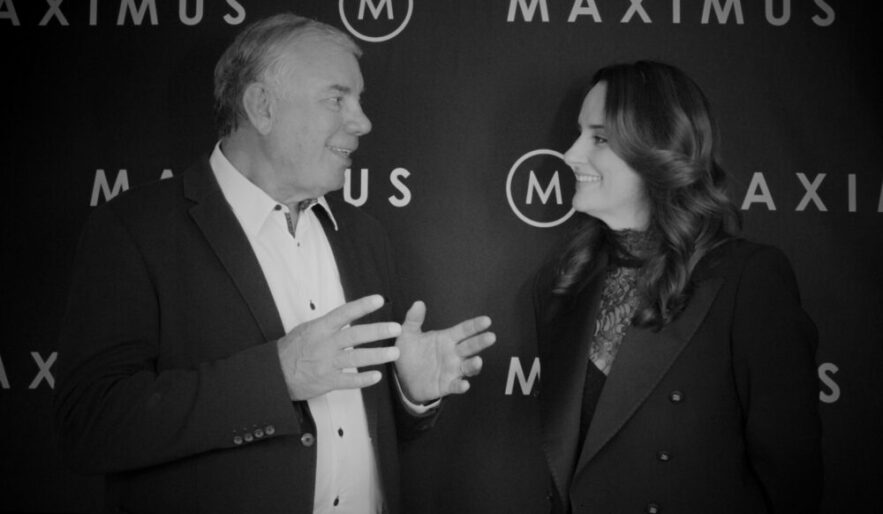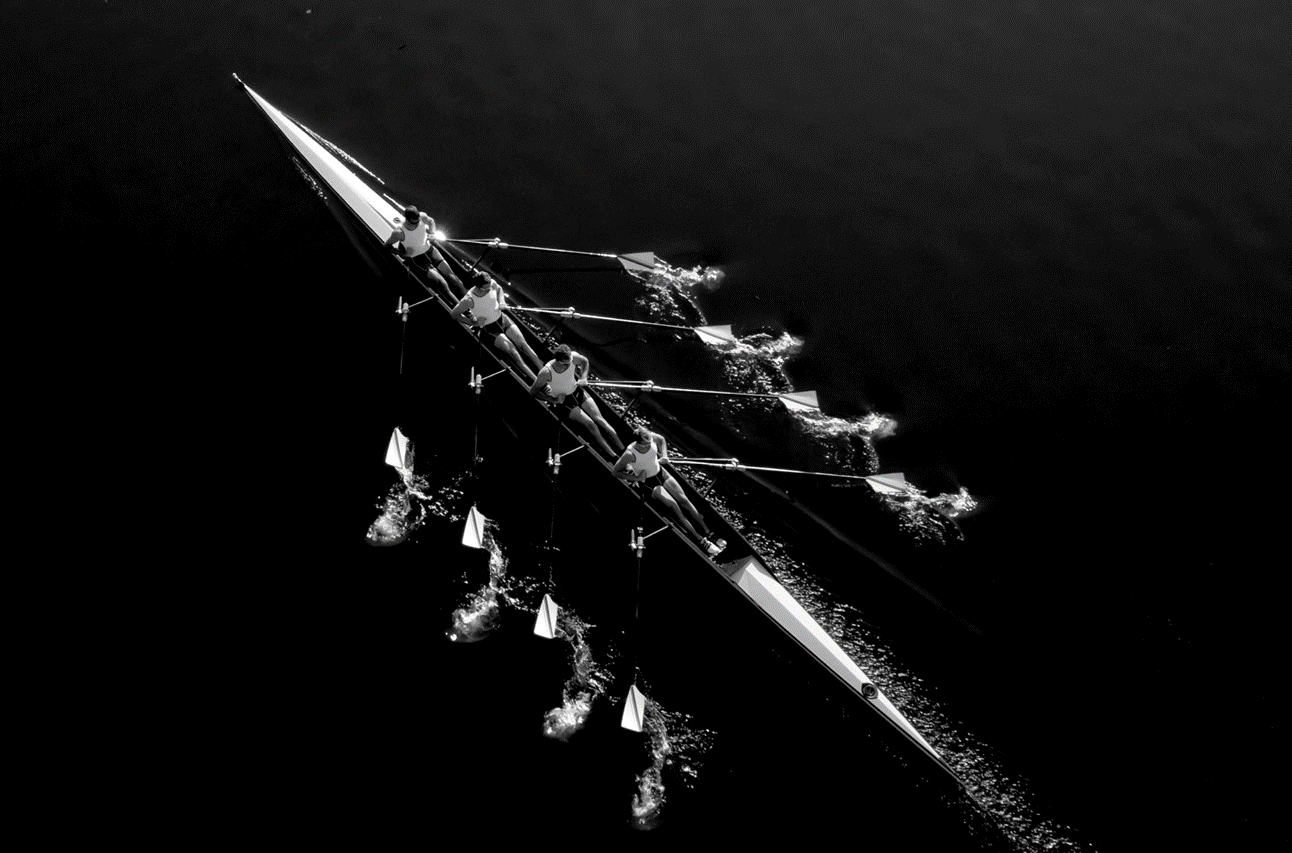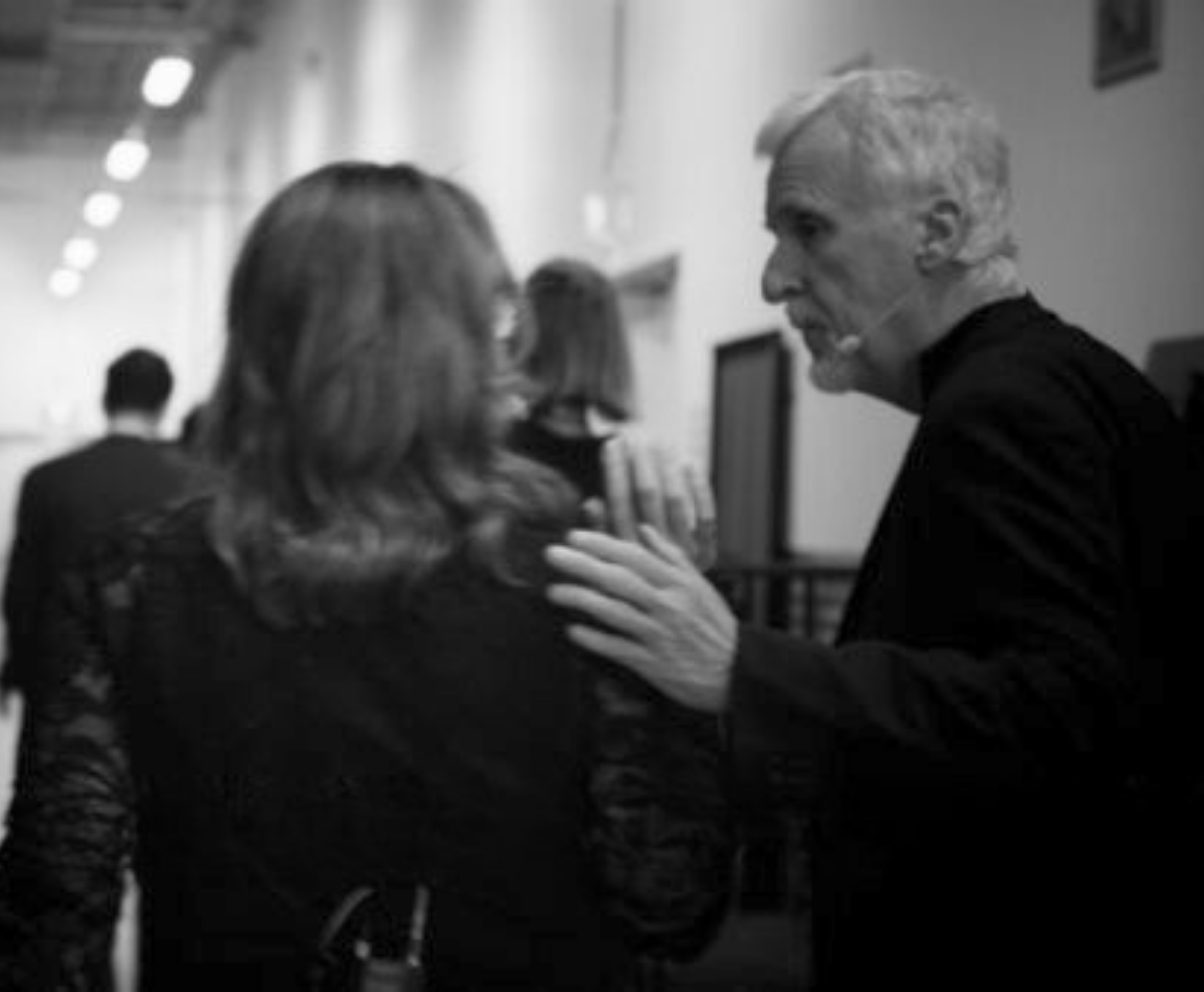How is leadership changing? What capabilities will leaders across Australian businesses need to be effective in the future? And how can these behaviours and mindsets best be developed?
In 2016, Maximus examined the state of leadership and leadership development in Australia. As part of our analysis, we conducted our own research, took stock of the Australian economy and studied other high-quality sources of relevant research, including the University of Melbourne’s Study of Australian Leadership (SAL) national survey. Our findings were equally troubling for us and for the clients with whom we shared our paper. Then, as now, many organisations cited the importance of leadership, but they generally failed to articulate the nature of effective leadership and the capabilities needed to drive future competitiveness and performance. Rather, they focused on development methods and modalities. They put the proverbial cart before the horse.
We propose that the monumental challenges facing leaders, namely around technology and the crisis of institutional trust, require a new definition of the mindset and behaviours we demand from leaders. Our analysis suggests that the leaders of the future will embrace disruption with curiosity and will cultivate trusting environments through their own humility and their focus on developing others. Leadership in the age of disruption, we argue, is about embracing and demonstrating the human qualities that set us apart from machines.
Maximus is committed to creating future-focused leadership here in Australia. This paper seeks to contribute specific ideas and actions around creating effective future-focused leadership. Find out more by clicking on the download button below.
72% of respondents in a study on diversity & inclusion in the US said that we need a new definition of what a leader is









